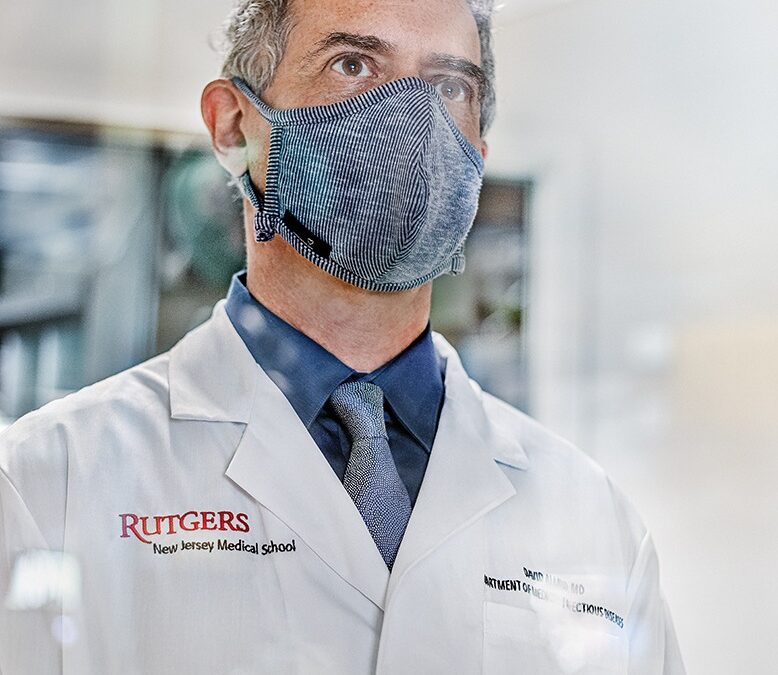As you read this, a worker in a tropical rainforest is clearing brush in preparation for a commercial agricultural operation. He’s far from the markets of home, and so he takes his food as he finds it, likely killing a bird or small mammal—a monkey, say, or a bat—to consume alone or share with coworkers. He isn’t paid much, so maybe, before he leaves, he traps a few more animals to sell in the markets. And maybe, in one of the animals he’s eaten or snared, there’s a pathogen that’s genetically ready to leap from its wild host to the worker, and from the worker to his family, and from his family to the world at large.
Habitat loss and the wildlife trade don’t just threaten wildlife. They’re two of the main reasons Covid-19 isn’t likely to be the last pandemic we see in the coming decades. In fact, Andrew Dobson, a professor of ecology and evolutionary biology at Princeton, lays the odds of a near-future pandemic at 100 percent, should we fail to put in place the systems to stop it. To read the full story.

